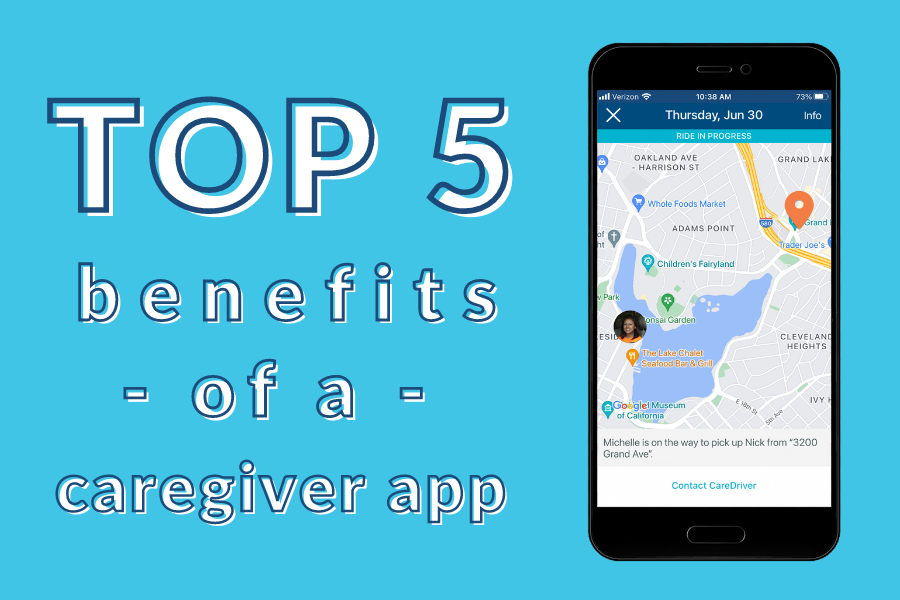How to help students with learning differences create a future plan
Figuring out a path in life challenges everyone. People have to embrace their curiosities and research every possible use for them, which presents extra challenges for students with disabilities.
Educators can figure out how to help students with learning differences create a future plan that opens the world to them with helpful tips like these. Consult your students and use these strategies so they discover their limitless potential.
Encourage Their Interests
Discrimination comes in many forms. Sometimes it’s someone telling a student they can never achieve their dreams because of who they are. Other times, it could be the lack of representation in a job field. Educators should speak with every student and encourage them to pursue their interests.
Talk about what makes them excited and what they like to do in their free time. You might recognize something they excel at in school. Once students identify what they enjoy, creating a future plan becomes much more manageable.
Talk About Job Shadowing
While educators learn how to help special needs students plan their careers, they shouldn’t forget about job shadowing. It’s perfect for high school students who want to start getting experience in different fields without the commitment of an internship. It’s also great for anyone living in a rural area where internships aren’t available.
Students can meet experts in fields they might enjoy and follow them through a typical day, like managing a business or representing constituents. Although this isn’t an option for careers involving doctor-patient confidentiality, it’s an excellent way for someone to figure out whether it’s what they want to do with their life.
Review Potential Colleges or Programs
Encourage every young person to review potential colleges closely. Future planning for students with special needs requires a closer look at universities to see if they offer necessary assistance or coordinators.
Browsing something like The K&W Guide to Colleges for Students with Learning Differences introduces lists of post-secondary options as well, like vocational programs. If a student doesn’t want to go to college, a program could be their best path forward.
Research Local Internships
Many businesses allow internship applications. The business owner gets assistance, and students start building their resumes.
Young people can apply for an internship that lasts a month, six months, or even a year. It depends on what’s available where your student lives. Discuss internships that cater to their interests and make opportunities more accessible by connecting with business owners.
Strategize Each Semester
Educators can understand how to support students with learning differences without ever leaving their office. Work with each young person to strategize upcoming semesters or school years. Figure out when they should take certain classes before graduating from high school or college.
Planning their academic future sets up what they’ll need to reach their goals, like a specific college degree.
Suggest Service-Learning
Service-learning opportunities began in Michigan back in 1855, so they have a long history of rocketing students to success. They’re part of how to help special needs students plan their careers because they open different doors. Educators can make these happen by working with their schools to create local volunteering partnerships.
When students learn something new in their business or economics class, the lesson will reflect in their after-school work. It’s a way to give back to the community and build a student’s resume, all while creating a trusting environment because the school approves of each opportunity.
Mention Extracurricular Involvement
Something as fun as getting involved with sports or participating in the school musical can help students with learning differences create a future plan. They’ll still learn skills like leadership, teamwork, and communication that advance their careers. Clubs can also help students learn life balance and time-management skills that will be crucial in college and beyond.
Long-term participation always looks better on a resume, so get students started early if they show interest in any after-school teams or clubs.
Schedule a Career Counseling Appointment
The best future planning for students with special needs may start with a career counseling appointment. High school students may have an in-house counselor, and college students could contact their career center.
These experts have more specialized training in career planning and may provide the help you need if you reach roadblocks.
Help Students With Learning Differences
Educators can learn how to help students with learning differences and create future plans for them by spending a little extra time on the matter. Research local opportunities, talk with the students about their dreams, and encourage them to explore what piques their interest. You’ll work together to paint the best path forward with clear steps for everyone involved.
About the Author

Ginger Abbot is an education and lifestyle writer with a passion for learning. Read more of her work on Classrooms.com, where she serves as Editor when she’s not freelancing.


